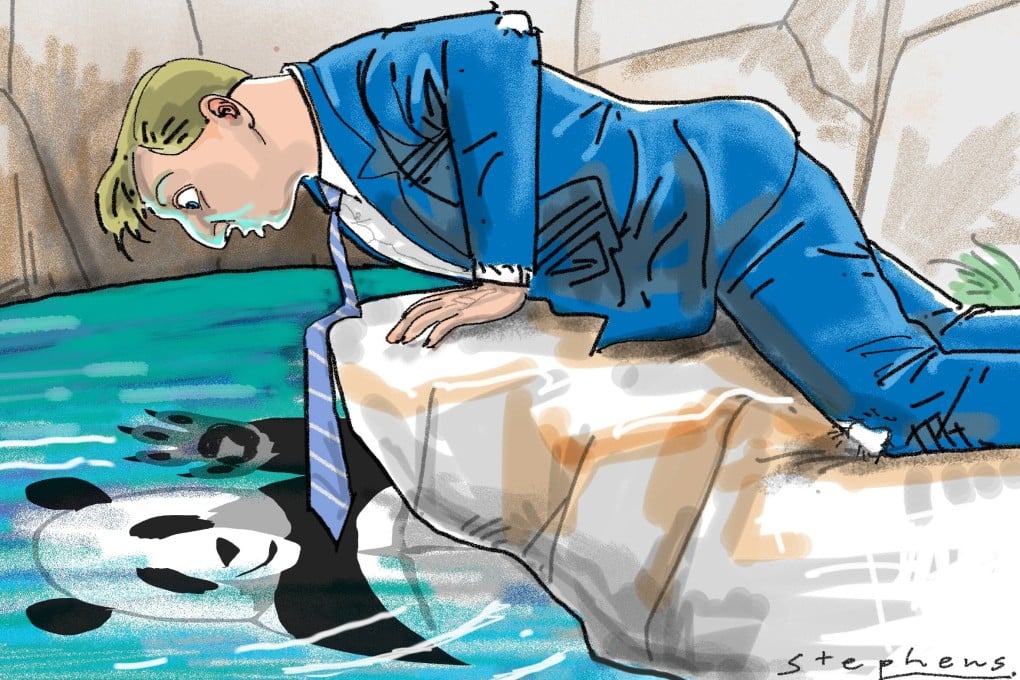Advertisement
Opinion | Why the US and Europe need to draw closer to China and drop the hubris
- European solidarity is crumbling in the face of the pandemic and a US-China trade war is meaningless given American dependence on China’s medical supplies. The West needs to see the world as it really is and embrace cooperation with China
Reading Time:4 minutes
Why you can trust SCMP

The West is not in decay. It is falling apart. The novel coronavirus is a further blow to a West already at the nadir of its self-confidence since the 18th century. There is no leadership. The self-claimed “wartime president” of the United States has neither the interest nor the ability to lead. “American first” means Europe alone.
In Europe, each country is fighting for its own survival. Beggar-thy-neighbour policies are common. When Italy tried to invoke a European Union mechanism to share medical supplies, no member state helped. Only China sent equipment. It remains to be seen how European solidarity could return after the pandemic, even superficially. Last year, The Guardian reported that more than half of Europeans surveyed expect an end to the EU within 20 years.
In the East, Beijing’s way of taming Covid-19 looked like the largest performance art in history: locking down a city of 10 million people, building two hospitals that could accommodate 2,000 people in 10 days, and pressing pause on the second-largest economy in the world. It worked, but at an astronomical cost. Now, it is being emulated to varying degrees around the world.
Advertisement
Beijing’s success does not bode well for Washington, which has declared a major power competition and taken China and Russia as its main competitors. Two rounds are already being fought, the first a trading tug of war for nearly two years, where Washington does not appear to have gained the upper hand.
In the ongoing second round against the pathogen, although neither side prevailed in the war of words at the outset, the outcome is already determined, like a one-horse race. The US has become a recipient of desperately needed medical supplies from China, either through Chinese donations or its own procurement.

Besides, the US depends heavily on China for vital drugs. According to The New York Times, Chinese pharmaceutical companies have supplied more than 90 per cent of US antibiotics, vitamin C, ibuprofen and hydrocortisone, as well as 70 per cent of the pain reliever paracetamol and 40-45 per cent of the blood thinner heparin in recent years.
Advertisement
Select Voice
Select Speed
1.00x
